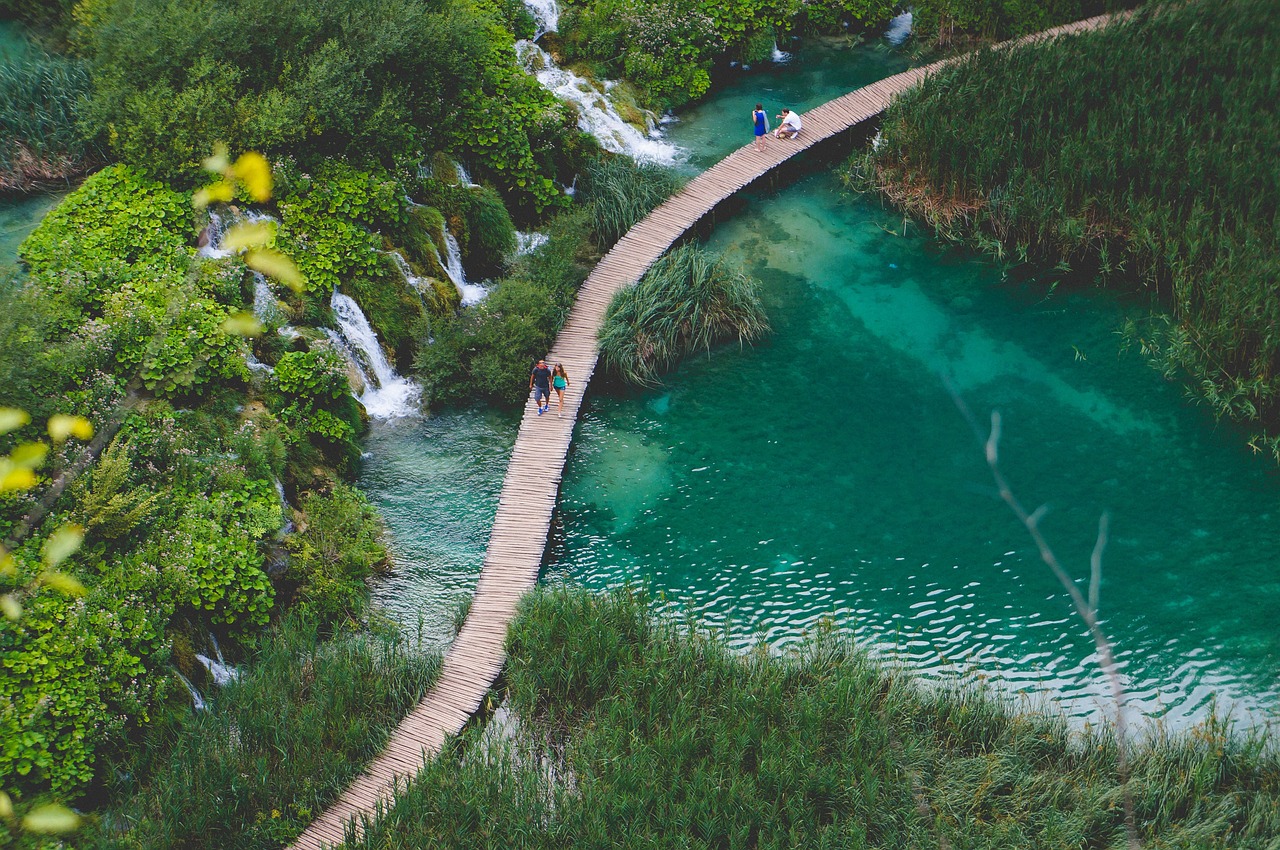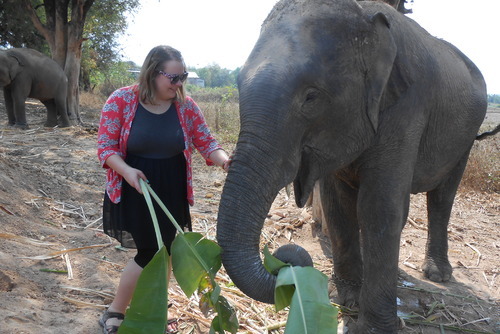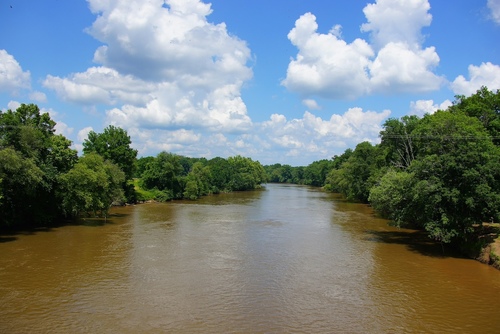Most of us are now in the habit of carrying an extra tote bag or plastic bags with us when going to the shops, and more often than not, we take the e-ticket option instead of printing out.
So whilst we’re learning to be responsible with the smaller, everyday stuff, can we also make responsible choices when travelling?
Travel is undoubtedly amazing - it opens your eyes to other cultures and broadens your horizons. We’re so lucky to be able to explore the world, appreciate those stunning waterfalls, UNESCO sites and viewpoints.
But when it comes to planning your travels, we think so hard about things like annual leave, cheap travel tickets and well-located accommodation. What we think about less, however, is the impact our travel plans can have on the environment and our planet.
So how can we be more ‘green’ when it comes to travelling?
What is Green Travel?
‘Green travel’ isn’t just about your plane travel - it’s so much more. Yes, one part certainly relates to responsible travel practices, such as taking the most direct flight possible, taking a train instead of a flight, or renting a small or hybrid vehicle for that road trip.
But it’s also to do with responsible choices when you are at your destination. This includes respecting local cultures, wildlife and other resources, as well as making positive contributions to local communities.
While there are many strands to green travel and definitions, at the heart of it all is being a more moral and environmentally-conscious traveller.
So how are some ways in which you can do this? Here are some top tips.
1. When Possible, Try to Avoid Flying
Flying is one of the most damaging forms of transport on the environment so ask yourself do you really need to fly to the other side of the world? Could you instead visit somewhere near to where you live? Or go somewhere using public transport?
There are lots of scenic rail journeys in Europe, or you could catch a bus or book an overland tour.
2. Choose an Ethical Destination
If you want to travel overseas consider a location’s environmental protection standards, social welfare and human rights record, and choosing a place that makes an effort to protect itself and its people.
Be sure to read up and your destination before booking to get an understanding of the local culture, politics and practices. Some resources include: Global Sustainable Tourism Counsel and Green Destinations.
4. Find Eco-friendly Accommodation
The industry is now booming with eco-friendly choices - so it is unlikely that you’ll struggle to find green accommodation, as businesses are keen to also minimise their impact on the environment.
It’s key to look out for places that have ‘green credentials’, such as the European Eco Label or Travelife. TripAdvisor also adds a ‘GreenLeaders’ label to their listings that are eco-friendly and committed to green practices, such as recycling and electric car charging stations.
You can also check out GreenGlobe and ResponsibleTravel.
Generally, key things you are looking for are whether the hotel is locally owned and operated, and whether there is an option to reuse towels instead of having them changed every day. Choosing local hotels or B&Bs not only is more environmentally sound, but can also boost the local economy.
And while you’re staying in your accommodation, remember to take shorter showers, turn off the lights when not needed and don’t leave your devices on charge unnecessarily.
5. Book With an Ethical Tour Company
Choosing an independent tour is often a great choice. You should also look out for whether your tour company contributes to the community, use and promote ethical practices and take destination-specific social and political issues into account.
Some international operators like G Adventures and Intrepid Travel are leading the way with responsible travel policies. Intrepid were one of the first major tour operators to ban elephant rides in Asia for examples.
6. Low-carbon Modes of Travel
So if you aren’t able to avoid plane travel, you can try to offset the carbon emissions of your flight. This can include renting a hybrid car, walk or use bikes. Avoiding domestic flights is also a top tip: use trains or buses instead.
Some other resources for offsetting your carbon emissions when back from your travels include: Carbon Footprint and Greenseat.
7. Go Local
Try to book with companies which employ local people, this is a great way to ensure your trips gives something back to the local community. There are lots of local operators offering activities like snorkelling, hiking, biking - the options are endless.
Don’t forget to choose local vendors and restaurants too!
8. Avoid Unethical Wildlife Experiences
Say no to unethical wildlife practises like elephant rides, stroking lions and zoo's.
There are lots of national parks and inspiring wildlife sanctuaries around the world where you can see animals without causing any harm. For example, in you could visit an elephant sanctuary in Thailand rather than going for the unethical elephant tourism experiences.
If you are looking for a rewarding experience there are lots of animal conservation programs but research all trips and be careful not to choose activities where animals may be harmed or mistreated.
9. Volunteer
You can also do something to ‘give back’, as short-term volunteer opportunities can often be organised by tour companies or hotels.
For example, at Emirates One & Only Wolgan Valley in Australia, guests can ‘participate in daily conservation work which includes seed collection, tree planting, pest control, WOMSAT and wildlife monitoring’.
Although some volunteer trips abroad can be controversial, there are lots of amazing organisations around the world helping to make a positive impact which allow international participants to apply for short and long periods.
10. Recycle & Take a Re-usable Bottle
Try to reduce your plastic use by taking a re-usable bottle with you. Also when overseas pick up rubbish, recyle and dispose of rubbish responsibly.
So, there you have it: plenty of guidance on how to make your next adventure more environmentally friendly. Don’t forget to also consider online travel guidance when planning your trip.
By Varsha Patel







